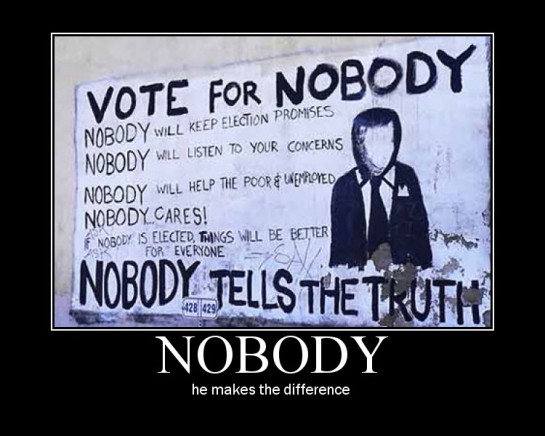
Today at the barbershop i had an epiphany about films. An old Sinhalese film, must have been from the forties, was playing on the small TV. The barber told me that those actors are all probably dead now. The move is called ‘Geetha’, the full credits roll by in the beginning, but there’s a short intro into the whole theme with a scene before that.
The son has just come from England. He sports a little Hitler mustache. He is wearing a dress shirt, pants and tie. The father is dressed in a suit. They are rich people. The mother is absent. She has apparently gone to yet another meeting of a ‘women’s club’. It is a habit of hers to throw away money on these clubs and receive high positions in them. She has taken the good car to go for a function now. The son ridicules his mother’s behavior and questions her objectives. The father says that he has no real say in the matter, since he is a poor man and his wife owns all the money.
Soon the mother returns, bearing a heavy basket of flowers which she was gifted at the event as the chief guest. The son accurately guesses that she must have donated ten thousand rupees to this particular event judging by the weight of the basket, which weighs ten pounds, and the going rate for gifts of flower baskets in return for donations must be a thousand rupees for a pound. This angers his mother. She is dressed in an immaculate sari and sports one of those elaborate 1940s hairstyles that curve around a woman’s face. Further argument is suspended when a worker from their factory comes calling, to tell them that his daughter is getting married. The worker is dressed in an old but neat suit and sarong, his wife wears a carefully preserved white sari.
They have obviously come to ask for financial assistance. but as custom dictates, they don’t say so openly. All pretension is to the effect that the visit is merely to ‘inform’ for propriety’s sake. The father invites them in, the son asks them to sit down. The worker and his wife sit with great hesitation. The father and son then ask some random questions like “where is the groom from?”. The groom is from Kandy and works in the civil service, apparently his salary will be increased once he gets married.
Further conversation is interrupted when the wife loudly calls the husband aside.
“What are these poor people doing sitting in our living room, she asks, “who are they?”
“He is a worker in our factory with his wife”, says the husband.
The wife becomes livid, “poor people have their place and they should not be sitting around becoming pally with the likes of us, have you no shame?”
“well, what do you want me to do?”
“tell them to bloody leave!” she yells, so loudly that the worker and his wife get up, startled, and make as if to go away.
The husband though, plaintively persists “his daughter is getting married, we should give them something, how about five hundred rupees?”
“Are you mad? We already pay them salaries and bonuses. Just give the man five rupees and send him off”.
At this moment, the wife sees some of her acquaintances from her club coming to pay a visit. She becomes alarmed. “Chase those two away at once, what will my friends think of me if they realize the kind of people we welcome into our house!”
The women have come to diplomatically elicit yet another donation, in return for which they will nominate the wife for a post in the parliament. The wife is more than eager to agree. And shells out ten thousand rupees, which must have been a thumping amount at the time, on the spot. Meanwhile the son muses on the fact that his mother loses no time in throwing away ten thousand rupees to become a ‘public servant’ when she can’t stand the sight of the general public inside her own house.
Who in Sri Lanka makes films like this anymore? All i see are movies aping Bollywood. And ‘comedies’ with jokes so lame they need crutches. Some might say that good films with strong messages do get made, but either they get no exposure, or there simply isn’t a market for them.So is something wrong with the Sri Lankan film goer? Have the people no more appetite to ponder ground realities like the class and political differences that underpin the way we live today?
Many Sri Lankans today are sold on cardboard dreams built on TV reality shows and dolled up movie stars. The typical poor Sri Lankan is caught up with the glamor of the rich, and wants to own it as soon as possible. So when he sees the politician roll by in his cavalcade of Range Rovers and matt black BMWs he doesn’t see a vile rogue who owes everything he has to corruption and abuse of power, he sees the epitomization of his own dream. The only way to stop being oppressed is to become the oppressor.







